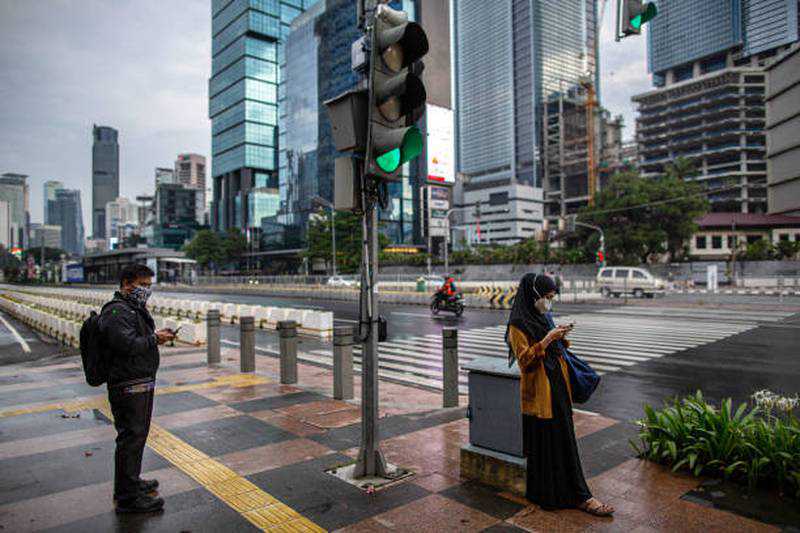Asian economies hardest hit as Delta variant weighs on global growth
06 September, 2021

Global growth is slowing, the latest economic data for August has shown.
The extent of the slowdown – and in some regions a contraction – depends on how governments have responded to the spread of the Covid-19 Delta variant, which has largely depended on progress of their coronavirus vaccination programmes.
In South-East Asia, the purchasing managers’ indices (PMIs) for many countries, including Indonesia, Vietnam, the Philippines and Malaysia, showed an outright contraction in manufacturing sectors in August.
Lockdowns and other measures to slow the spread of the coronavirus have weighed on activity, along with shortages of raw materials and other inputs.
With fewer than one-fifth of populations in these countries fully vaccinated against the coronavirus, governments have had little choice but to impose lockdown measures to safeguard public health, despite the economic cost.
China’s manufacturing sector was broadly stable in August, but its services sector contracted sharply, the first decline since February 2020. Again, this was largely due to government-imposed restrictions on movement to prevent the spread of the Delta variant.
China’s vaccination rate is relatively high at around 61 per cent, but the government’s zero-tolerance approach to managing the pandemic means that stringent measures are imposed in response to a comparably small number of new cases.
Meanwhile, survey data for the US, eurozone and UK indicates that growth slowed but remained in positive territory last month despite the spread of the coronavirus in those regions. In fact, the eurozone’s PMI was just shy of a 20-year high in August, indicating a strong rate of expansion in both manufacturing and services.
The main reason these developed economies have outperformed their Asian counterparts is because they have continued to ease movement restrictions even as the Delta variant spread.
This has arguably only been possible because of the high levels of vaccination against the coronavirus. Despite a slow start, the EU announced last week that 70 per cent of its adult population was fully vaccinated, just behind the UK’s rate of 75 per cent.
Although the US adult vaccination rate is lower at about 60 per cent, it remains well above most South-East Asian countries.
Supply chains connect the world’s economies and the contraction in manufacturing activity among Asian exporters is having an impact on the rest of the world as it is exacerbating already severe shortages of parts, raw materials and shipping capacity.
Backlogs of works – the difference between the volume of orders received and what a business has started to work on or complete – in developed markets is at its highest in almost 20 years. Supply shortages are starting to constrain growth in developed markets and push up production costs.
In the US, the slowdown in activity is most evident in the services sector, with consumers appearing to be more reluctant to travel and dine out on the back of the recent surge in coronavirus infections.
Only 235,000 new jobs were added in the US in August, significantly fewer than in June and July and also well below what economists had expected.
The retail sector shed jobs in August, while there was no job growth in the leisure and hospitality sectors. Nevertheless, average hourly earnings increased by a faster than expected rate of 4.3 per cent year-on-year as firms paid more to attract and retain staff, adding to cost pressures for businesses.
Slowing growth and rising prices present a challenge to the US Federal Reserve and other major central banks as they start to consider withdrawing monetary stimulus.
Inflation hawks at the Fed and the European Central Bank are becoming more vocal about price increases and pushing for a faster withdrawal of stimulus, while those concerned about the fragile recovery and still high unemployment may be more focused on the risks posed by the Delta variant.
In an environment where economic growth is already slowing, central banks will need to tread carefully in withdrawing stimulus and tightening monetary policy to avoid a further slowdown in jobs growth.
Source: www.thenationalnews.com
TAG(s):
